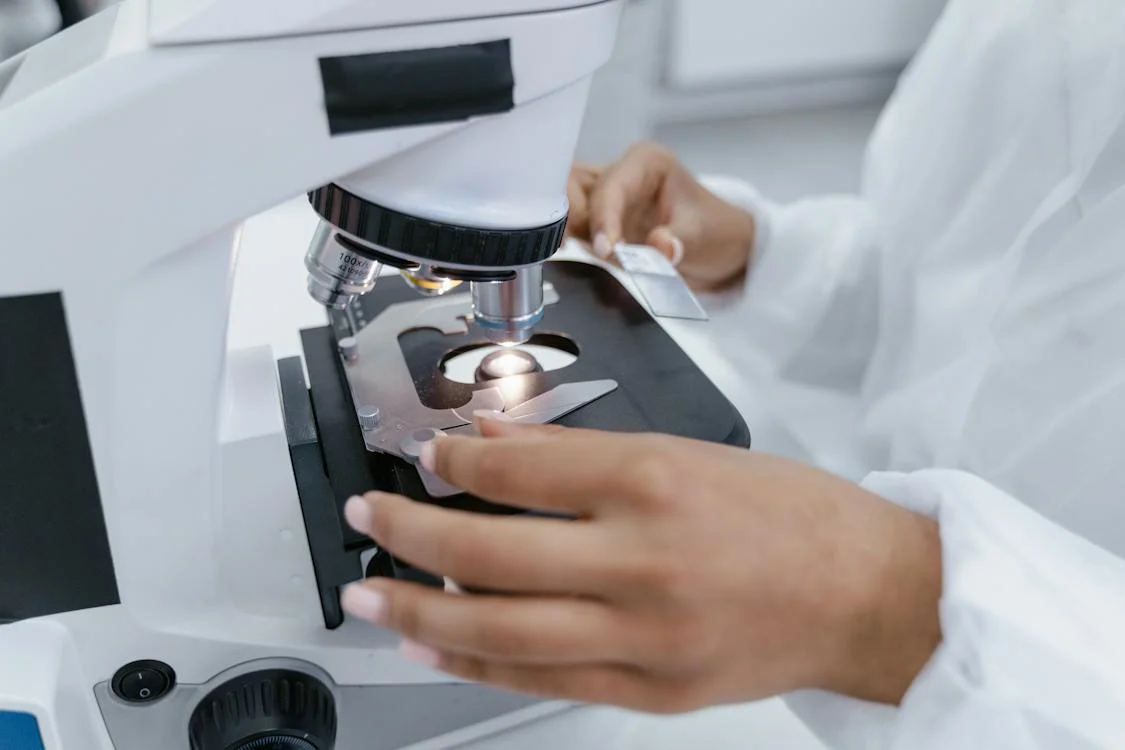
In the ever-evolving realms of science and medical technology, breakthroughs are more than just milestones—they are beacons that light the path toward a future where the unimaginable becomes commonplace. From gene editing to artificial intelligence in healthcare, the boundaries of what we can achieve expand daily. This article delves into the most groundbreaking advances in science and medical technologies, exploring how they’re reshaping our understanding of health, medicine, and the very fabric of human life.
Decoding the Blueprint of Life: CRISPR and Gene Editing
Gene editing, particularly through CRISPR-Cas9 technology, has transformed the scientific landscape. This revolutionary tool allows scientists to edit parts of the genome by removing, adding, or altering sections of the DNA sequence. Its potential applications are vast, from treating inherited diseases to enhancing crop resilience. CRISPR stands as a testament to the incredible advances in our ability to manipulate the very building blocks of life, offering hope for curing genetic disorders and, controversially, sparking debate about the ethics of gene editing in humans.
The AI Revolution in Healthcare
Artificial Intelligence (AI) in healthcare is revolutionizing diagnosis, treatment, and patient care. AI algorithms can analyze data from medical records, imaging, and genetic tests to diagnose diseases, sometimes with greater accuracy than human doctors. Moreover, AI-driven robotics are performing surgeries with precision beyond human capabilities, minimizing risks and improving recovery times. This integration of AI into healthcare not only enhances patient outcomes but also promises to significantly reduce the overall costs associated with medical care.
Wearable Technology and Remote Monitoring
Wearable technology has taken a leap from fitness tracking to sophisticated health monitoring, enabling continuous assessment of vital signs, physical activity, and sleep patterns. These devices, equipped with sensors and AI algorithms, can predict health issues before they become severe, allowing for early intervention. Furthermore, remote monitoring technologies have become particularly crucial in managing chronic conditions and improving elderly care, offering a new level of independence to those in need.
The Frontier of Personalized Medicine
Personalized medicine, or precision medicine, tailors medical treatment to the individual characteristics of each patient. By combining data from genetic tests with an individual’s health history, environment, and lifestyle, treatments become significantly more effective and less likely to cause adverse reactions. Personalized medicine is not just transforming how we treat cancer, but it’s also reshaping the approach to diseases like Alzheimer’s, diabetes, and cardiovascular disorders.
Regenerative Medicine: Healing from Within
Regenerative medicine is another area where science is making significant strides, particularly through stem cell research and tissue engineering. This field holds the potential to repair or replace damaged organs and tissues, offering new hope where traditional treatments have failed. From growing organs in the lab to healing wounds without scars, regenerative medicine could dramatically alter the human experience of illness and recovery.
The Promise of Telemedicine
Telemedicine has seen a rapid acceleration, driven by the global pandemic but sustained by its profound benefits. Providing healthcare services remotely through digital platforms breaks down geographical barriers, making medical care accessible to those in remote or underserved regions. As technology advances, telemedicine is set to become an integral part of the healthcare system, enhancing the efficiency and reach of medical services.
Looking Ahead: The Future of Science and Medical Tech

The horizon of science and medical technology is bright with possibilities. As we forge ahead, the ethical considerations of such advancements become increasingly important. Balancing innovation with ethical responsibility is crucial to ensuring that the benefits of new technologies are realized equitably and without unintended consequences.
Embracing the Future Together
As we stand on the brink of what may be the most exciting era in medical science, the collective efforts of researchers, ethicists, and policymakers will be paramount in steering these advances toward the greatest good. The potential to eradicate diseases, extend life expectancy, and improve the quality of life is within our grasp. The journey ahead is not without challenges, but the promise it holds is a testament to the indomitable human spirit to push the boundaries of what is possible.
We hope this exploration inspires you as much as it excites us about the future of science and medical technologies. As we continue to witness these extraordinary advancements, let’s engage in the conversation about how we can responsibly harness these technologies for the betterment of humanity. Your thoughts and insights are invaluable—feel free to share them in the comments below.
